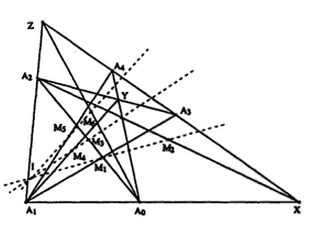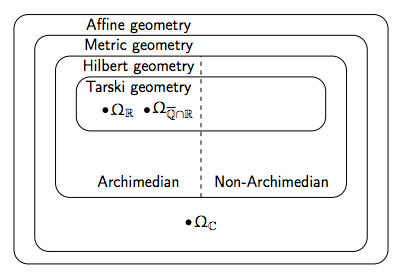This is getting nowhere on math.stackexchange.com, so I'm putting it here.
Gödel's completeness theorem says that for every statement in first-order predicate calculus with equality, there is either a proof that it holds in all structures, or a counterexample --- a structure in which it does not hold. What seems often insufficiently emphasized is the connection with computability: there is an efficient proof-checking algorithm. Without that, the conclusion would be of far less interest than it is! (Especially since one could just declare every universally valid formula to be a proof of itself. Then one would have absolutely no way of knowing what's a valid proof and what's not, but the conclusion of the theorem would still be true.)
Another theorem discovered in the '30s is that although there's a proof-checking algorithm for this situation, there's only half of a proof-finding algorithm:
- One can search systematically for a proof in such a manner that if one exists, then one will find it.
- But after a trillion years of searching without success, there's no way to know that it won't show up ten minutes later, nor that it will.
Both of the bulleted points were proved in the '30s. (Is "Church's theorem" the conventional name for the conjunction of the two bulleted items, or only the second one, or what? Right now I'm not sure.)
I think there's a vast literature on the computational efficiency (or lack of efficiency?) of these searches for proofs. Is there a literature on systematic brute-force searches for counterexamples? Such counterexamples would be structures in which a proposed first-order sentence is false.


